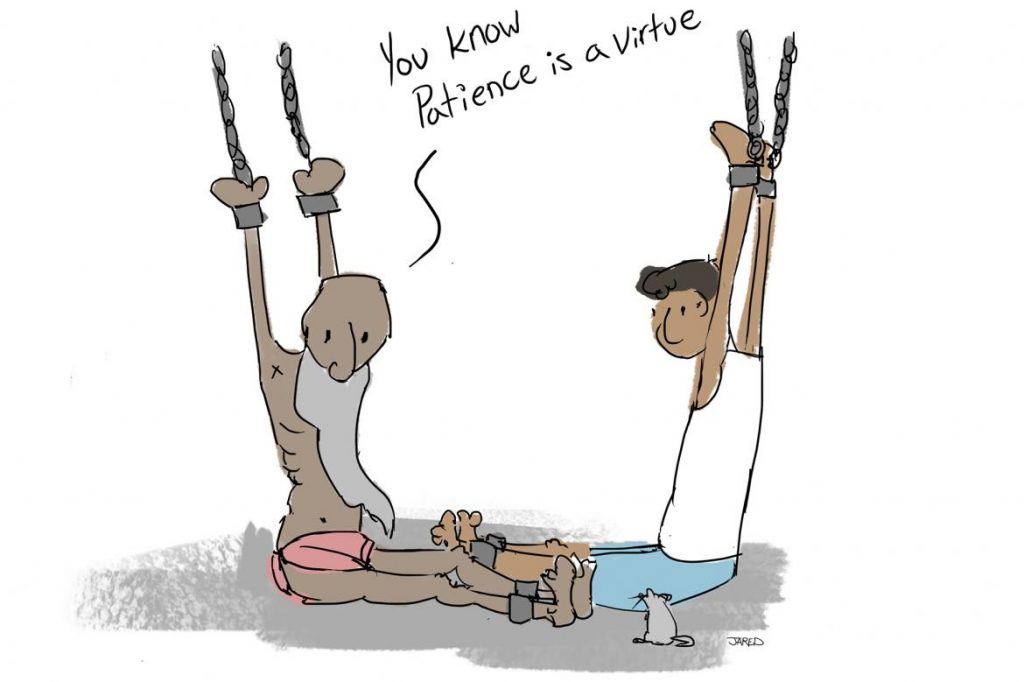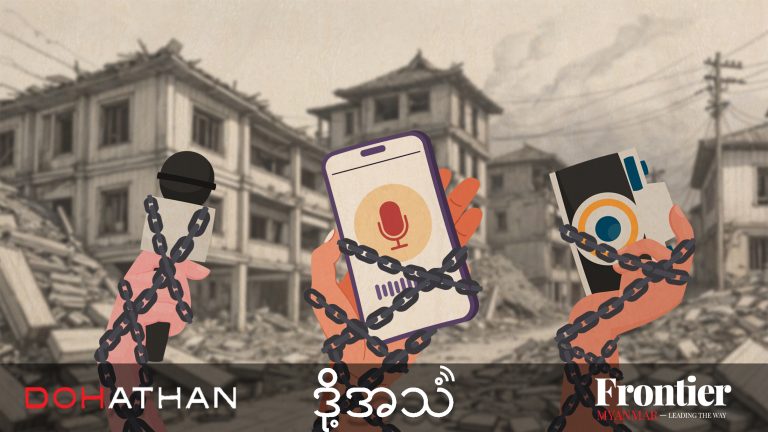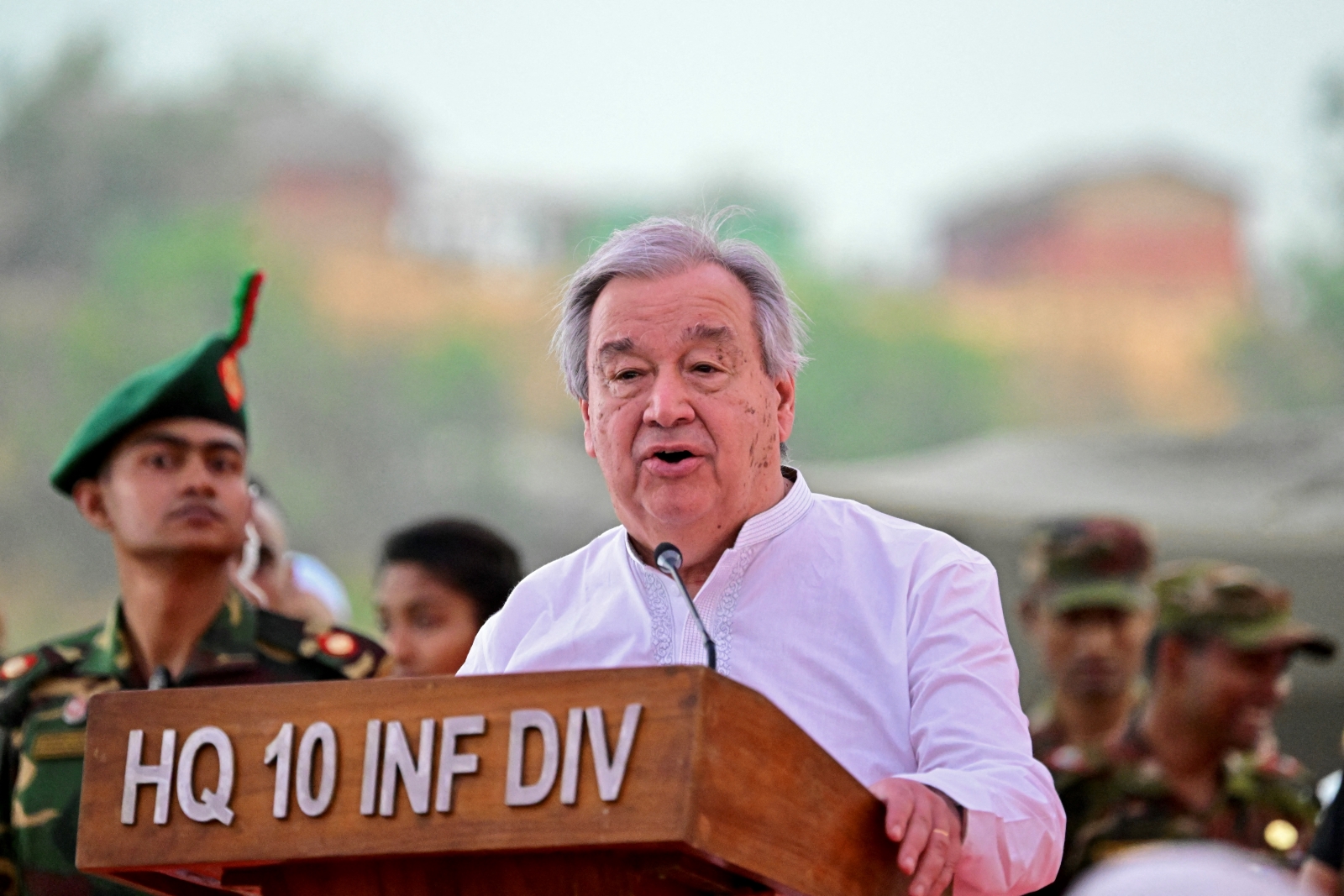These last two weeks have seen a flurry of negative headlines about Myanmar and its government. It’s been hard to keep up.
MOST WERE were anticipated – the fruit of self-destructive government policies described in our last issue’s lead article, “Time for a new strategy”.
These policies have both obstructed justice for victims of military abuses and impeded the government’s hope for a more balanced foreign policy – one that would allow the country to escape from under China’s lengthening shadow.
Few expected the United Nations Fact-Finding Mission, barred by Daw Aung San Suu Kyi’s foreign ministry from entering the country, to pull its punches while delivering its preliminary report to the Human Rights Council on August 27. The surprise was in the severity of the allegations brought against Myanmar’s generals, amounting to possible genocide against Rohingya Muslims in Rakhine State.
The International Criminal Court, however, appeared to do more to unnerve the Myanmar government, when on September 6 its pre-trial chamber ruled the court “may exercise jurisdiction over the alleged deportation of the Rohingya people” even though Myanmar is not party to the ICC, because an element of this crime took place in Bangladesh, an ICC member. This permits an investigation – including into other crimes against humanity linked to the deportation – that may plausibly result in the indictment of generals.
Until that point, Myanmar had been reassured by the meek and muddled international accountability measures pursued: unilateral travel bans and asset-freezes on military officers with little tangible impact.
Support more independent journalism like this. Sign up to be a Frontier member.
Whether or not Frontier’s recommendation of “a more sincere, inclusive and transparent response to the crisis in Rakhine State” reached government ears, its response to the ICC ruling suggested a government unwilling to change course.
A presidential press release delivered the following day scoffed at the deportation charge. A senior minister had, it said, personally pleaded with “the people who [were] preparing to leave Rakhine”, but “in vain”. This echoed the words of State Counsellor Aung San Suu Kyi in a speech delivered in September last year, when the crisis was at its height: “We want to find out why this exodus is happening”, she said.
For an understanding of the “push” factors behind one of the world’s largest contemporary refugee crises, Aung San Suu Kyi and her government would do well to read a report by the Reuters news agency, “Massacre in Myanmar”, released in February.
Two young Myanmar reporters, Ko Wa Lone and Ko Kyaw Soe Oo, recorded state security officers and civilians admitting to the murder of ten Rohingya men and boys and the burning of Rohingya houses in Inn Din village of northern Rakhine State in September last year.
The government needn’t fret about the report’s accuracy: the military has admitted to the massacre. It announced in April that it had sentenced seven of its soldiers to ten years in jail for taking part in it.
However, rather than allowing the report’s revelations to inform a more sincere policy, the government pressed charges against the reporters under the Official Secrets Act, a colonial-era law whose vague provisions effectively criminalise investigative reporting.
On September 3, a Yangon Northern District judge sentenced Wa Lone and Kyaw Soe Oo to seven years in prison each for possessing “state secrets”, after a trial that routinely tipped into farce. Our lead article in this issue describes how it unfolded, and transmits the outrage that suffused the courthouse and spread across the world.
Shortly after the verdict, deputy information minister U Aung Hla Tun told reporters in Nay Pyi Taw that Myanmar’s aggrieved media “should have patience”. The reform of out-dated, repressive laws “will not take place immediately,” he said. In the meantime, Myanmar journalists should learn to “regulate themselves”.
Frontier disagrees. Myanmar’s journalists – and its ordinary citizens – have been patient enough. In 2015, the National League for Democracy was elected on a promise of overturning decades of repression, impunity and violence. Thirty years after the nationwide uprising that launched the NLD, many in Myanmar still fear their government.
In building a just and prosperous society, Myanmar’s civilian leaders face an uphill battle. The challenges are hard to overstate. But, as in any democracy, the people can and should demand more.







